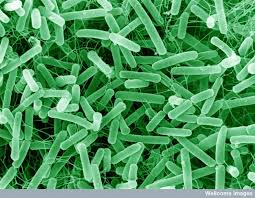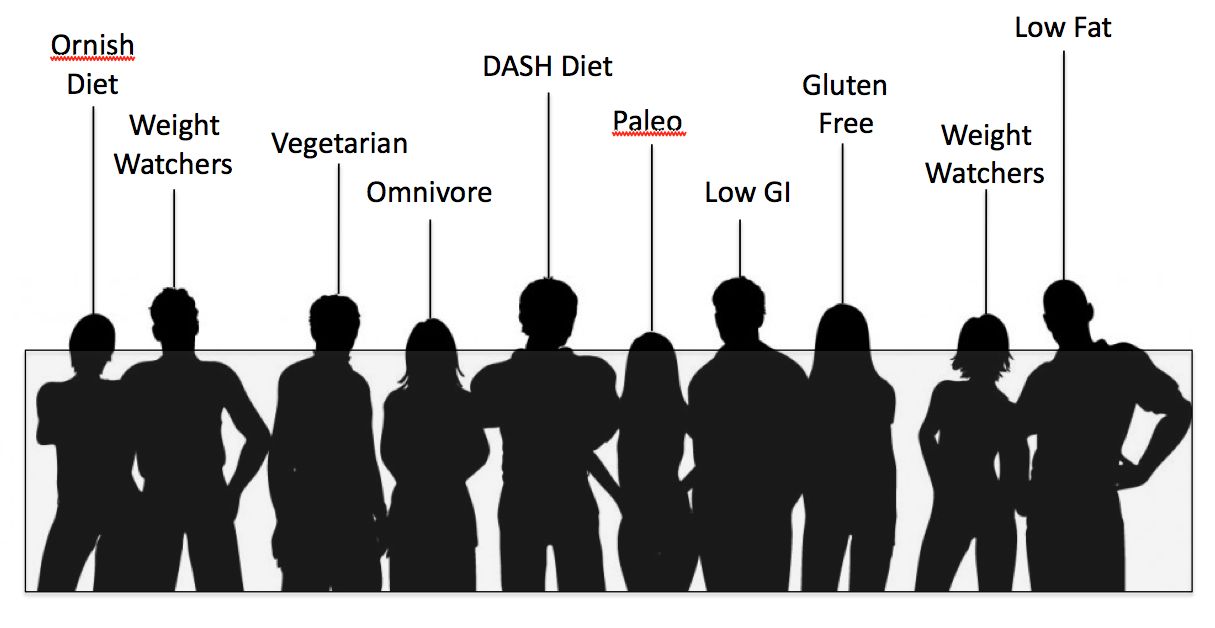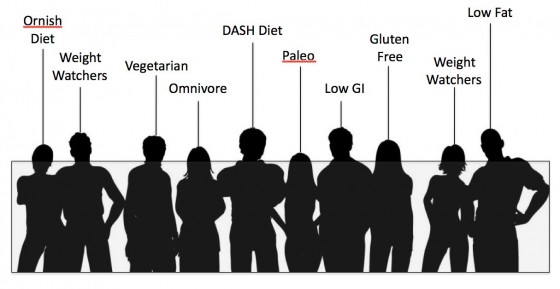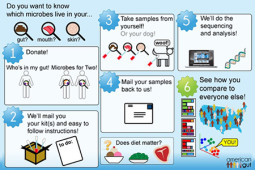 The American Gut project is the largest crowd-sourced project ever: to date, over 80.000 participants have contributed fecal, skin, or oral samples. The ambitious goal is to characterize the microbiota of as many individuals as possible to identify the diverse species living in and on us. Beth interviews Dr Embrietta Hyde, Project Manager of the Gut project about results and progess.
The American Gut project is the largest crowd-sourced project ever: to date, over 80.000 participants have contributed fecal, skin, or oral samples. The ambitious goal is to characterize the microbiota of as many individuals as possible to identify the diverse species living in and on us. Beth interviews Dr Embrietta Hyde, Project Manager of the Gut project about results and progess.
Host: Beth Bennett
Producer: Beth Bennett
Engineer: Maeve Conran
Executive Producer: Joel Parker
Listen to the show:
Podcast: Play in new window | Download (Duration: 25:44 — 23.6MB)
Subscribe: RSS

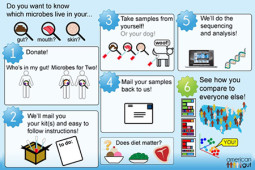



 For this end-of-the-year How on Earth show, we look back to 2016 with clips from some of our features from the past year: selections from the
For this end-of-the-year How on Earth show, we look back to 2016 with clips from some of our features from the past year: selections from the 
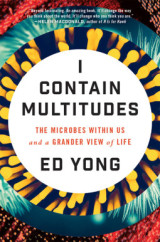 Multitudes of Microbes (start time: 3:38): You may find it unsettling to learn that our human cells make up only half of our bodies. The other half is a bunch of microbes (in the neighborhood of 40 trillion), all living and reproducing in, and on, our bodies. What’s more, these invisible machines could have a powerful influence on your brain, and on your overall health.
Multitudes of Microbes (start time: 3:38): You may find it unsettling to learn that our human cells make up only half of our bodies. The other half is a bunch of microbes (in the neighborhood of 40 trillion), all living and reproducing in, and on, our bodies. What’s more, these invisible machines could have a powerful influence on your brain, and on your overall health. 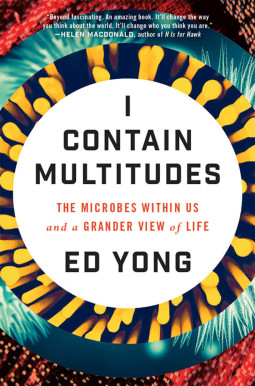 This week’s pledge- drive show features a teaser introduction to Ed Yong’s new book
This week’s pledge- drive show features a teaser introduction to Ed Yong’s new book 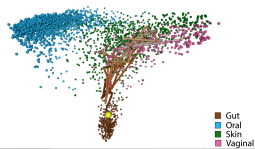
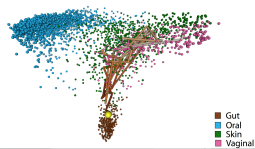 Using the Microbiome to Determine Time of Death (starts at 5:40): This week on How on Earth, we speak with
Using the Microbiome to Determine Time of Death (starts at 5:40): This week on How on Earth, we speak with 